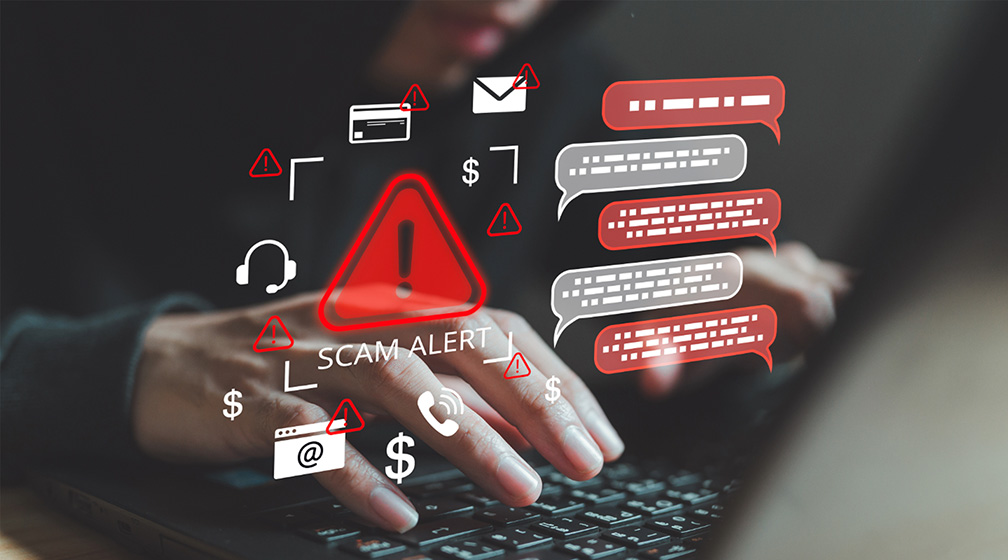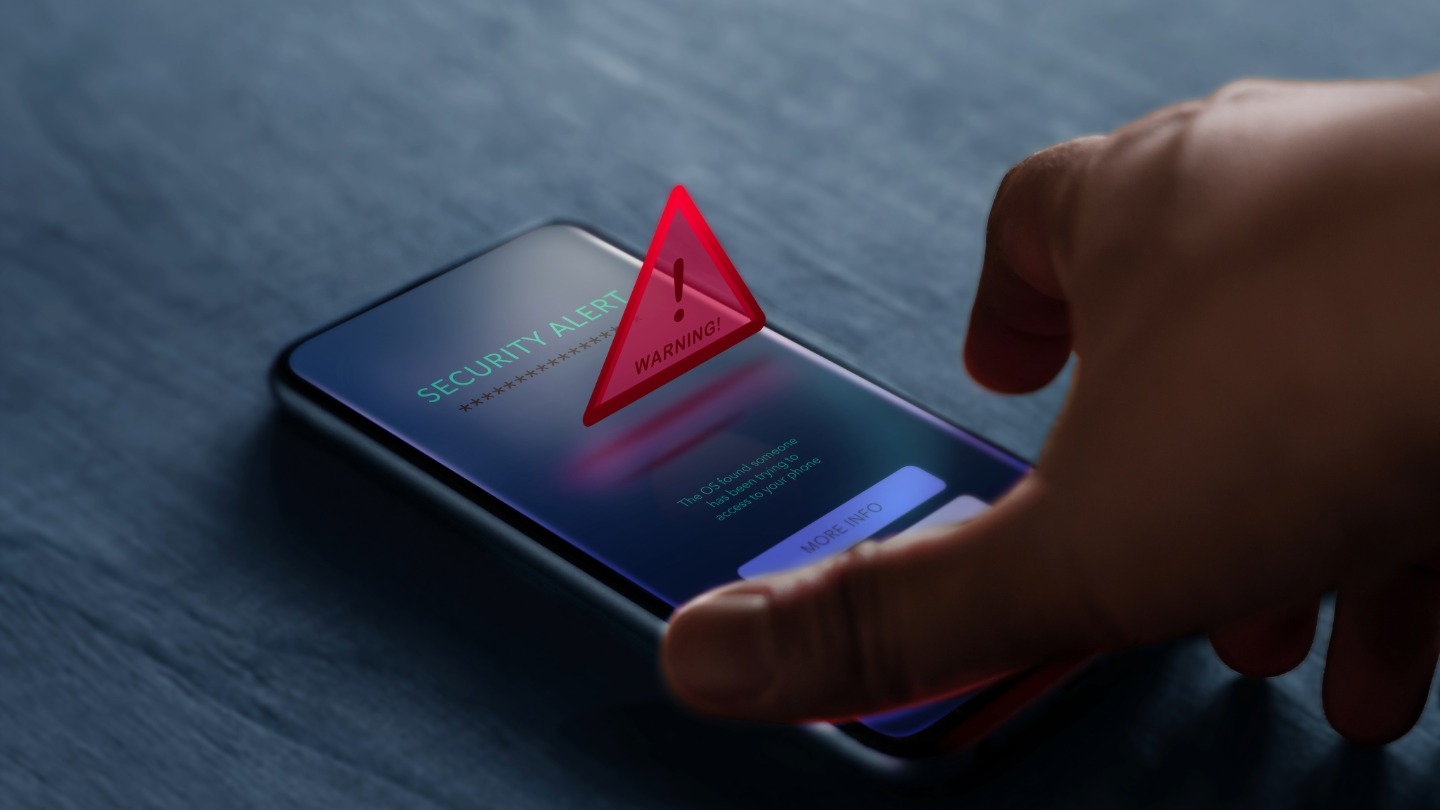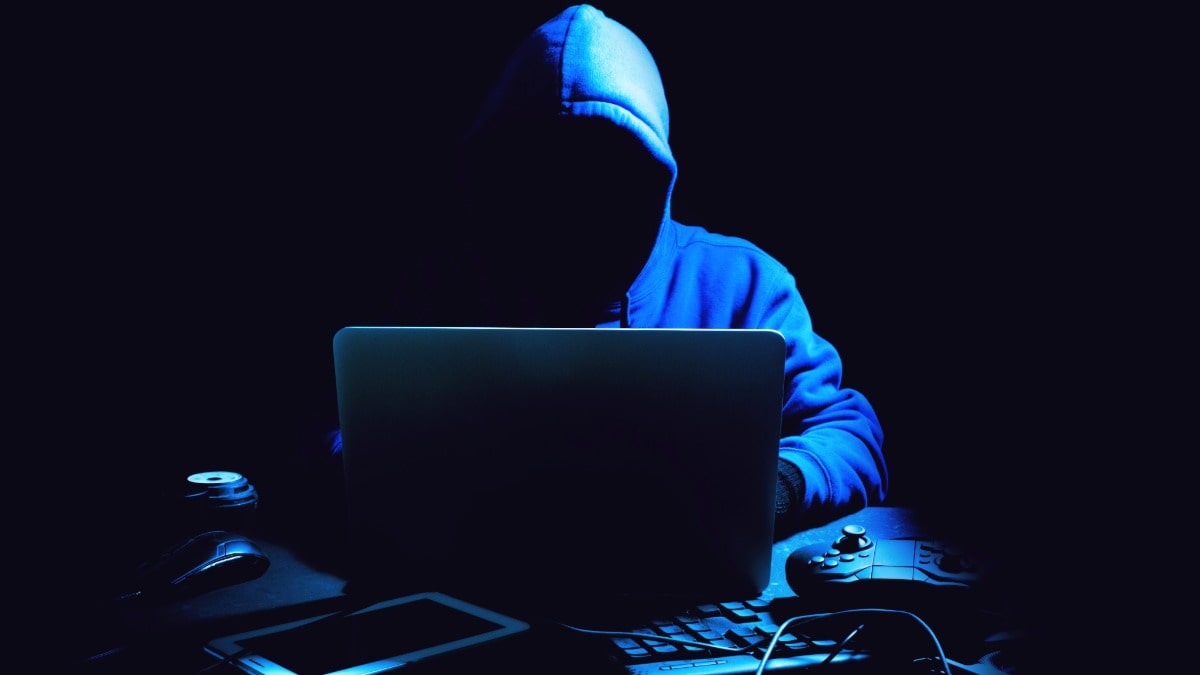
No one is completely safe from identity theft – not even after they die. In a form of identity theft known as “ghosting”, criminals can use a deceased person’s personal information to file false tax returns, claim Social Security benefits, open fraudulent loans and credit cards and more.
Millions of deceased Americans have their identity stolen every year, and if often goes unnoticed because the family isn’t monitoring their deceased loved one’s credit. Don’t let criminals take advantage of your loved one’s death for their own financial gain. There are measures you can take to help protect a deceased loved one from identity theft.
How Ghosting Works
There are many ways criminals can gain access to a deceased person’s information. They might try to harvest information from hospitals or funeral homes. They also might pore through obituaries for information such as names, addresses and birth dates. In some cases, a friend or family member may try to steal your deceased loved one’s identity.
The most useful piece of information for identity thieves is a Social Security number. But it’s not the only information that matters. It pays to protect your deceased loved one’s information.
How to Help Prevent Ghosting
The best way to help protect your deceased loved one’s identity is to guard their personal information and make sure everyone knows about the death. Here are some steps you can take to help prevent ghosting:
- Send a copy of the death certificate to the IRS to notify them your loved one has died. A copy of the death certificate may also be sent along with the final tax return.
- Send copies of the death certificate to the three major credit bureaus – Experian, Equifax and TransUnion – with a letter requesting a “deceased alert” on the credit report.
- Notify the Social Security Administration. In most cases the funeral home takes care of this step, but it’s a good idea to verify with the SSA. Not only does this help prevent someone from claiming your deceased loved one’s benefits, it can help prevent overpayment of benefits that need to be paid back.
- Avoid oversharing information in the obituary. Information such as date of birth, address and other data is useful for criminals.
- Monitor your deceased loved one’s credit report to watch for suspicious activity.
- Notify respective financial institutions, insurers and other organizations of the death.
Helping protect your deceased loved one’s identity is important, even after death. While surviving family members are ultimately not responsible for fraud, sorting through these issues can add unnecessary emotional turmoil and headaches to the grieving process. Take proactive steps now to help keep criminals from using your loved one’s death to their advantage.







